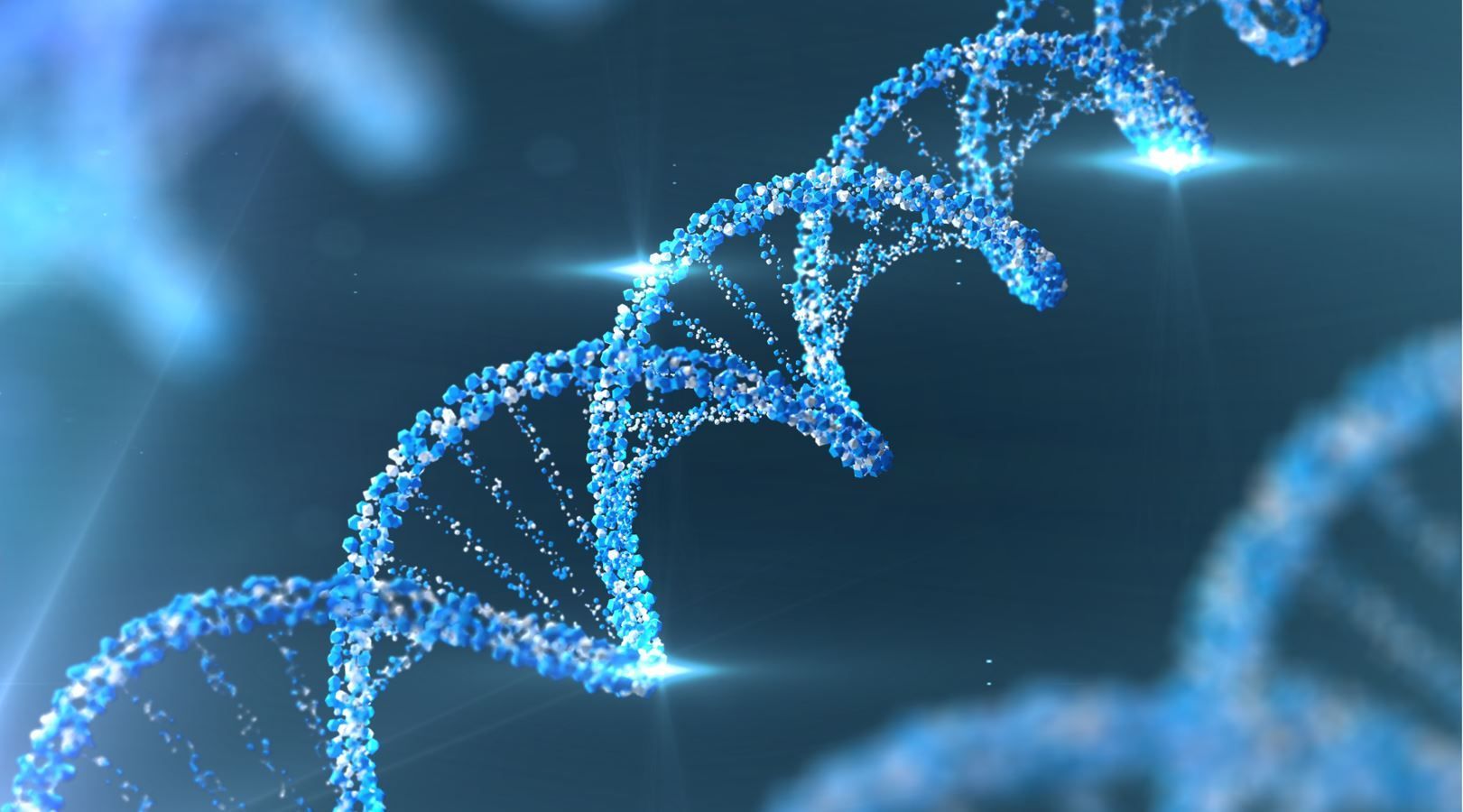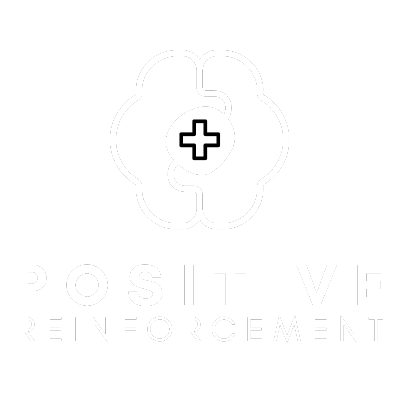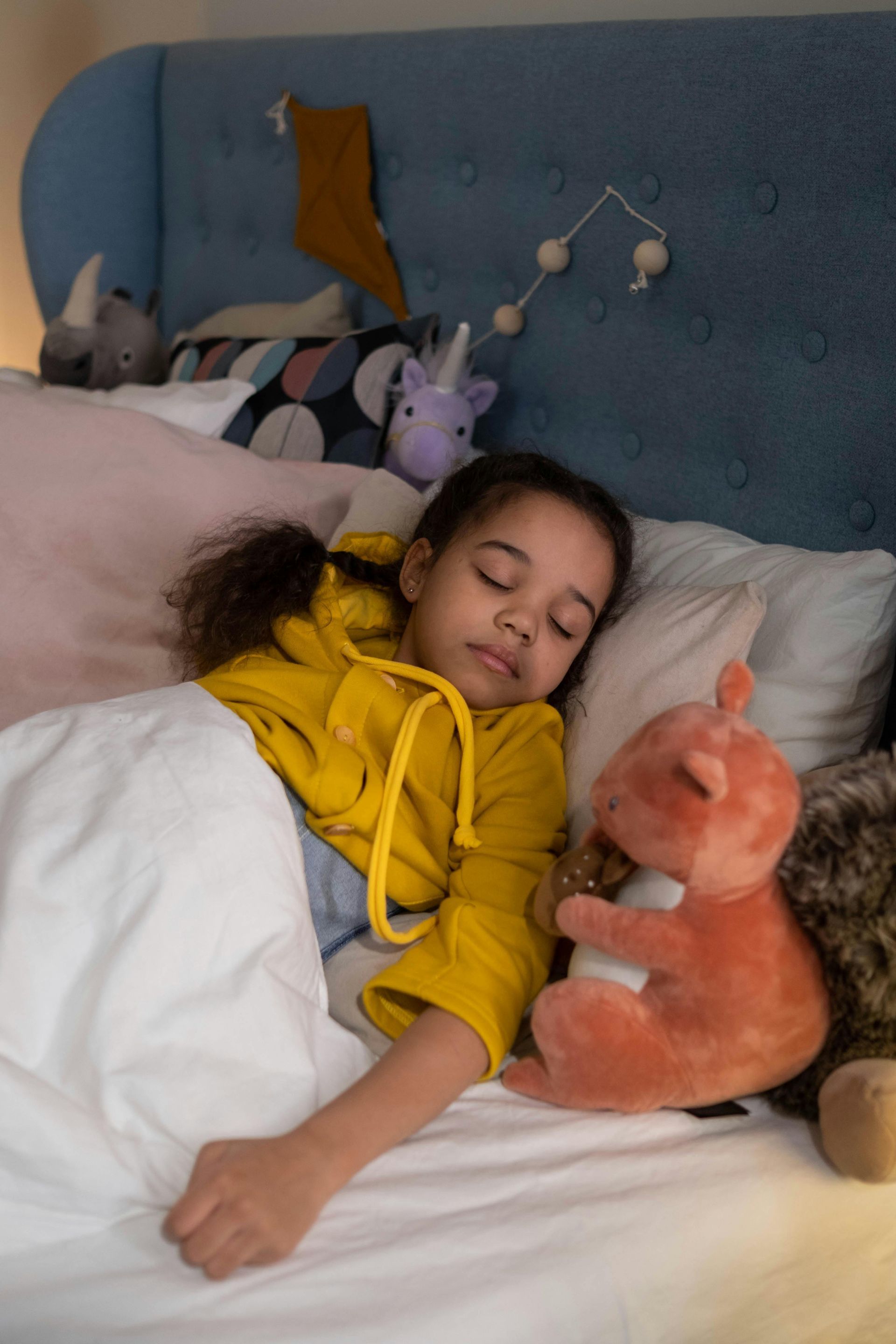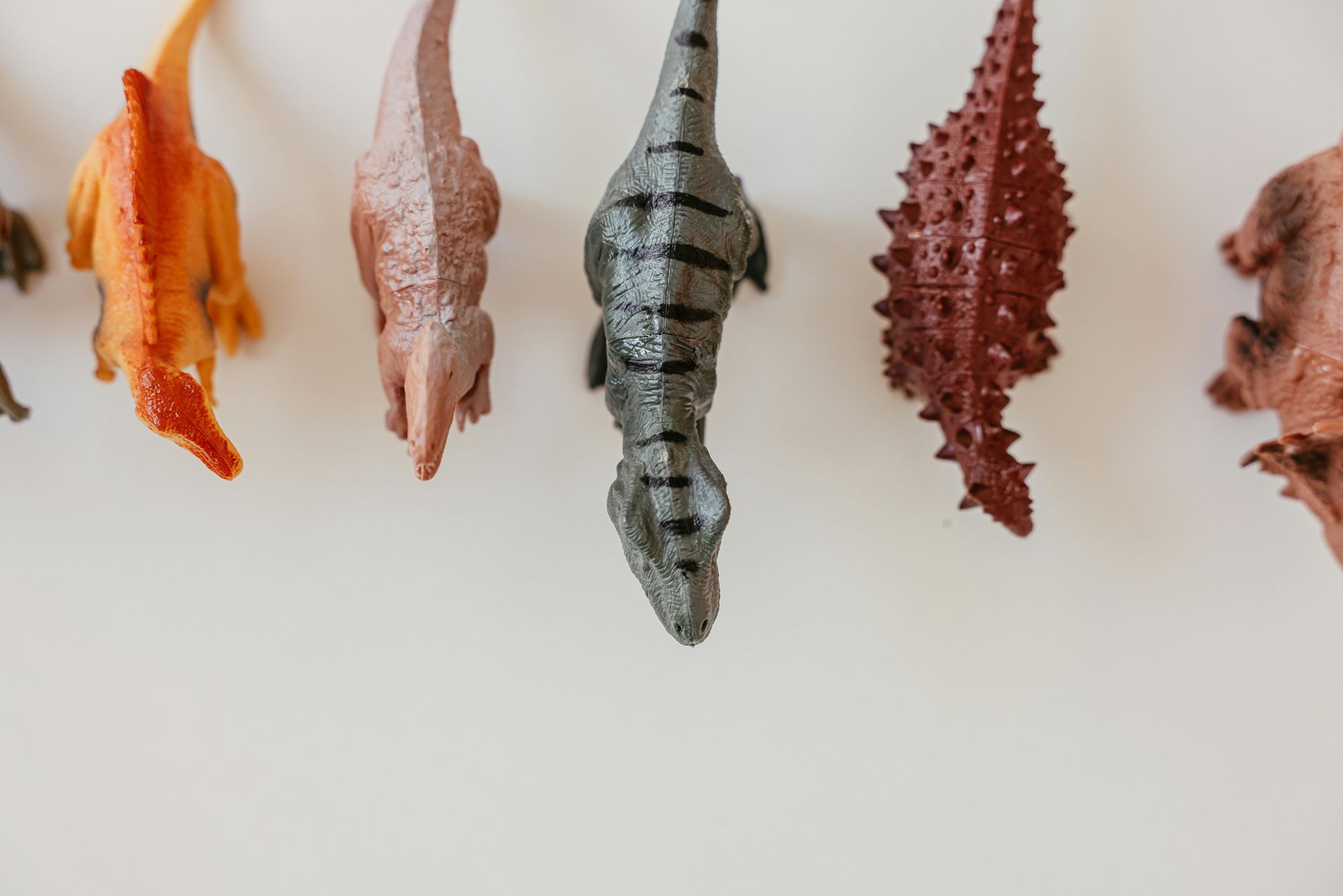Autism: Is it Genetic or Environmental?
Autism: Is it Genetic or Environmental?

Considering the intricacies of genetics, it is no small task to answer the question, “Is autism genetic?” Many factors play a role in what we consider genetics. It is true that genes are tucked away in every cell and that these are comparable to a recipe or a blueprint for our bodies. It is also true that external factors can influence these genes to effectively change the data contained within.
Researchers typically begin answering this question by first clarifying the role genes play in Autism Spectrum Disorder (ASD). Genes are passed from parent to child. In every child, two distinct sets of genes compete to be the dominant genes. Sometimes, if a parent has a genetic issue, the child does as well. Siblings have genetic traits in common as well.
So, “Is autism genetic?” When some people ask this, they are essentially asking, “Is autism hereditary?” And, yes, autism has been known for decades to be a disorder that can pass from parent to child. A 1977 study on identical twins determined that when one identical twin has autism the other has around an 80% chance of having it too. In fraternal twins, whose genetic make-up is markedly different, the risk is about half that, approximately 40%.
A child with ASD has about a 20% chance of having another genetic condition such as Down syndrome, 22q deletion syndrome, Duchenne muscular dystrophy, Rett syndrome, Smith-Magenis syndrome, Fragile X syndrome, or one or more of many other syndromes. These are caused by genetic abnormalities, such as deletions or redundant bits of DNA. It is possible that autism and these other genetic conditions are associated in some way.
Recently, a study published in 2020 identified over 100 discrete genes that were determined to be linked to ASD. This is a huge amount of data to sift through, and many conclusions are still generalizations. Scientists have analyzed genes that appear to be connected to developmental delays and others that seem to be responsible for neurological risks.
Unfortunately, due to the sheer volume of data and many yet-unknowns still involved, parents can’t simply walk into a clinic and have their child screened for an “autism gene.” However, the science points to the fact that many different genes, working in tandem, could raise an individual’s risk of autism. That information could be useful as researchers look for new ways to treat ASD, and perhaps someday, find a cure.
Positive Reinforcement not only offers in home ABA therapy for North Virginia, West Virginia including cities like Ashburn, Leesburg, Winchester, Richmond, Centerville.










